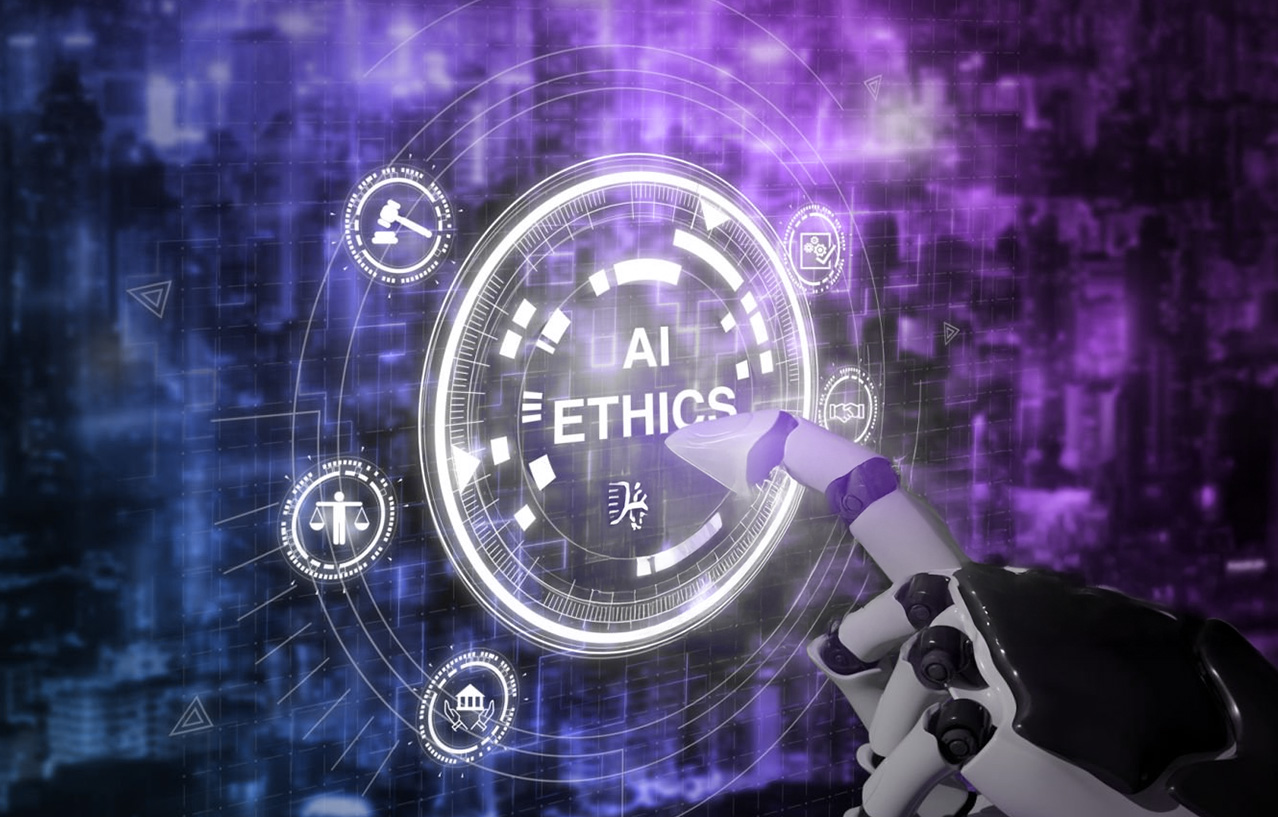Ensuring fairness, transparency, and accountability in the deployment of autonomous technologies
The rise of autonomous agents in various sectors such as finance, healthcare, customer service, and supply chain management raises crucial ethical and responsibility questions. While these agents offer advanced automation and efficiency improvements, their deployment must be managed responsibly to ensure they operate justly, transparently, and in accordance with fundamental ethical principles.

The Question of Responsibility for Autonomous Agents’ Actions
One of the biggest challenges posed by autonomous agents is the issue of responsibility. Agents capable of making decisions without human intervention can cause errors or harm, and it can sometimes be difficult to determine who is accountable for these actions.
Issue: If an autonomous agent makes a wrong decision – for example, in a trading context where an agent performs an erroneous transaction – who is responsible for the mistake? Is it the developer of the system, the company deploying the agent, or the agent itself as an autonomous Entity?
Solution: Companies must clearly define lines of responsibility before deploying autonomous agents. One approach could be to assign responsibility to the companies deploying these technologies, while ensuring they comply with strict oversight and regulation standards. Developers, on the other hand, must ensure that agents are designed to avoid potential errors and maximize accuracy. Additionally, companies can implement human control protocols to monitor critical decisions made by autonomous agents.
Algorithmic Bias and Its Impact on Fairness
Another major challenge lies in algorithmic biases, where autonomous agents can make decisions influenced by unconscious biases in the data they use. Agents learn from the training data provided by designers and users, but this data may contain biases, whether social, economic, or cultural.
Issue: For example, a virtual agent used for hiring might favor certain candidates based on irrelevant characteristics (such as ethnicity, gender, or age) if it is trained on biased historical data. This could lead to discrimination and harm the fairness of decision-making processes.
Solution: To avoid these biases, it is essential to ensure that AI algorithms are trained on diverse and representative data. Companies must regularly audit their AI models and use audit techniques to detect and correct biases in the systems. Furthermore, the use of “black-box” models in AI should be avoided, and there must be increased transparency in the decision-making processes of agents.
Transparency and Explainability of Autonomous Agents’ Decisions
One of the most important ethical principles for deploying autonomous agents is transparency. Users should be able to understand how and why an agent made a particular decision, especially if that decision affects crucial aspects of their lives or businesses.
Issue: The complex algorithms used in autonomous agents, such as deep learning, can be perceived as “black boxes,” where decisions are difficult to explain. This opacity can breed distrust and hinder user acceptance.
Solution: To ensure ethics and responsibility, companies must promote the explainability of decisions made by autonomous agents. This involves developing AI models whose decisions can be traced, explained, and justified in a way that is understandable to the end user. Companies can also provide detailed reports outlining the criteria used by agents to make decisions.
Data Security and Privacy
Autonomous agents often collect and process sensitive data, including personal, financial, or medical information. Protecting this data from security breaches and misuse is a crucial ethical issue. If an agent processes confidential information, it must ensure that this data is secure and used in accordance with user expectations and applicable regulations.
Issue: Cyberattacks targeting autonomous agents can compromise data confidentiality. Additionally, unethical practices, such as excessive data collection or using personal information for commercial purposes without consent, may arise if agents are not responsibly designed.
Solution: Data security must be a priority in the design of autonomous agents. Companies must integrate robust security protocols, such as data encryption, and mechanisms to ensure informed user consent. Compliance with data protection regulations, such as the GDPR in Europe, is also essential to ensure the confidentiality and security of personal data.
The Impact of Autonomous Agents on Jobs and Society
The widespread introduction of autonomous agents also raises societal concerns, particularly regarding their impact on employment. While these agents can automate many tasks, this could lead to job losses in certain sectors, particularly in administrative management, customer support, or data analysis.
Issue: Automation can lead to the disappearance of certain traditional jobs, and without proper planning, this can contribute to economic and social inequalities. It is crucial to consider the social consequences of deployed technologies.
Solution: Companies should consider strategies to support employees in transitioning to new roles, such as investing in retraining programs or supporting continuous education initiatives. Furthermore, it is essential to promote the use of autonomous agents that complement human workers rather than simply replace jobs.
Towards Ethical and Responsible Deployment of Autonomous Agents
While the deployment of autonomous agents offers tremendous opportunities for efficiency and innovation, it must be accompanied by a deep reflection on ethical and responsibility issues. Companies must ensure that their virtual agents operate transparently, fairly, securely, and with respect for individual rights. To achieve this, they must establish oversight mechanisms, regular audits, and clear regulations.
Ethics and responsibility should not be secondary considerations, but rather fundamental pillars in the development and integration of autonomous agents. Only a responsible approach will ensure that these technologies can be used beneficially, both for businesses and for society as a whole.


